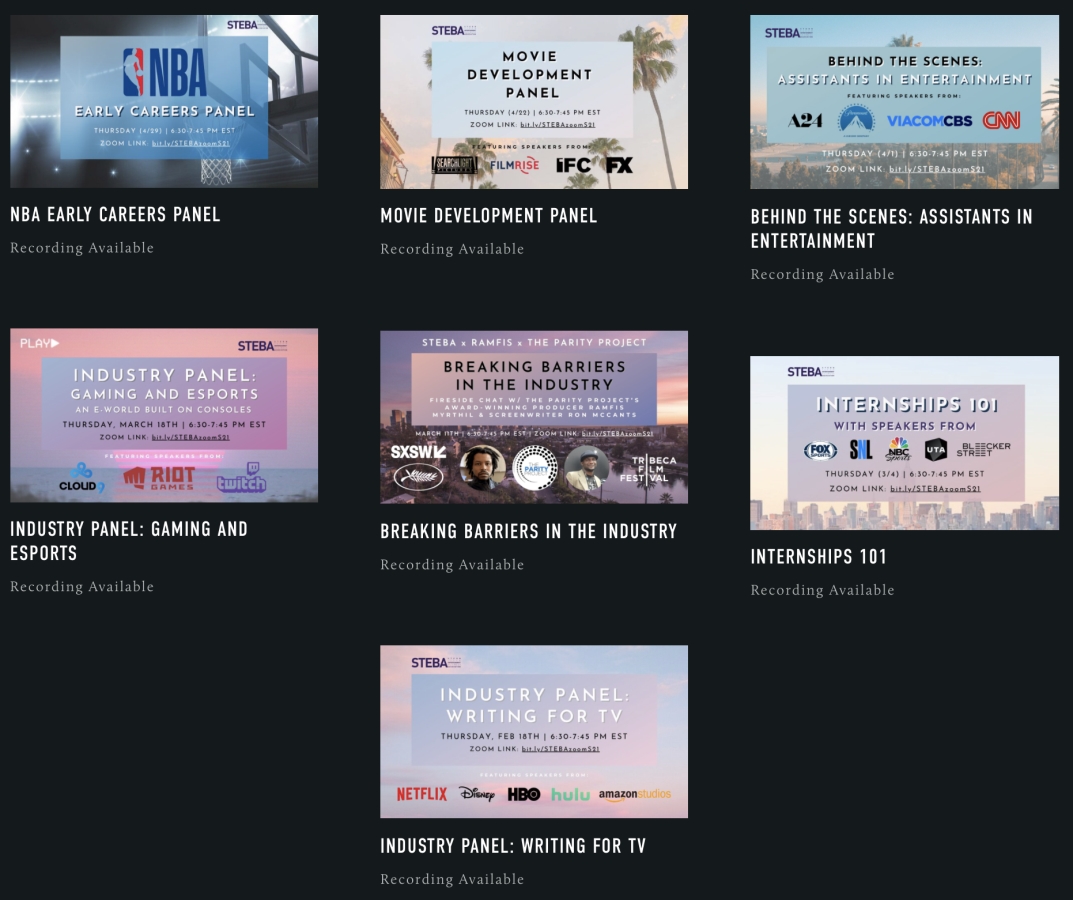
Coming to NYU, you will find that nearly every other person is minoring in something. From Producing to Bioethics to Peace and Conflict Studies, it seems like there is a minor for everyone. Most NYU students choose to minor to explore and learn outside their main area of study. It’s one of NYU’s missions to expose students to as many different ideas as possible. So, NYU makes it easy for students to do so by offering a wide variety of minors across its different colleges. And most programs allocate a certain number of electives for students to freely choose what they want to explore. In Sternʼs case, 44 credits have to be electives, and at least 20 of those have to be taken at a school besides Stern.
This means students are able to pursue a minor at a school that isn’t their own. Essentially, a cross-school minor allows students to learn more about a field that they cannot major or minor in at their home school. You can find a list of all the minors here, but I would like to focus on the Business of Entertainment, Media, and Technology (BEMT) minor. A rather fancy and mouthful of a name that, thankfully, has an acronym. Let’s dive in to see what makes it so special!

BEMT Basics
The BEMT minor was created for students to gain more insight into the entertainment business. New York City is one of the biggest hubs for all things entertainment and media. Therefore, the minor leverages this proximity and manages to expose students to the different sectors of the fascinating industry. It provides the business aspects of entertainment and media, while analyzing how technology impacts them. The coursework (at least 16 credits) is divided between three schools: Stern, Tisch, and Steinhardt. Half of the credits come from Stern and the other half from Tisch and/or Steinhardt. There is one required course that every single student in the minor has to take but the rest are electives of your choice. Just remember the half-and-half rule. To me, the minor is an eclectic mix of the creative arts with the more technical and business side of things.
Cool Perks
First, remember how I said there was only one required course? Well, that means that the rest is basically up to you. If you want more finance-heavy courses, you can do that. If you want to focus on the tech, marketing, or legal side of things, you’re able to do that too. You have a lot of freedom to focus on the things you want. If you need help, the Academic Resource Center hosts the Office of Cross-School Advising, so you can always rely on them for inspiration. The BEMT minor offers a chance for everyone to explore each unique facet of the entertainment industry.

Second, all the professors teaching the classes are experts in the entertainment industry. They all either have substantial work experience or are currently doing research in the field. So, you get to learn from people who are directly in the sector and bring the passion for entertainment to life. They are also your first point of contact to network in the industry. A lot of these professors may need help with research or know someone offering an internship, so use them as a resource.
Finally, the BEMT classes tend to be relatively easy. Not to say that you won’t need to put much effort into them, but they usually do not have prerequisites. They operate on a blank slate where all students are on the same level. That is, how much you previously know is basically irrelevant. The classes are designed to be accessible to everyone, which is why previous coursework is not necessary. Also, most classes are 2 credits which means fewer class meetings and less coursework or projects, in general (compared to traditional 4-credit classes)
STEBA: Where Club Life and Academics Merge
The Stern and Tisch Entertainment Business Association (STEBA) is a cross-school club for students interested in the industry. It is vaguely based on the BEMT minor and provides many opportunities for students to learn about and make contacts in all aspects of the entertainment industry. They curate panels, speakers, and programs every semester to provide more expert perspectives in the field. They boast a mentorship program where peer mentors in the industry offer career advice to mentees. And they operate as a job and internship resource, sending weekly newsletters with new opportunities. Overall, it’s just a cool club to have in mind for your first year. Look at it as a new way to build upon your BEMT minor foundation.

Final Thoughts
The minor perfectly captures my passion for the entertainment business. I was always fascinated by all things entertainment, and knew I wanted to pursue it in college somehow. NYU provided the perfect minor for me to do so. I’m able to have a foundation in business while also pursuing the more creative and artistic side of it at Tisch. I have been able to take classes outside my school at other renowned schools, which has been extremely rewarding. Overall, I love the BEMT minor and highly recommend it to anyone with a slight interest in the entertainment space. The things you will learn are endless.
Before I finish, I want to leave you with a list of favorite BEMT classes (provided by students in the minor through an Instagram poll):
- TV Nation: Inside and Out of the Box (Tisch)
- Entertainment and Media Industries (Stern)
- Business Structure of the Music Industry (Steinhardt)
- Managing Creative Content Development (Stern)
- Deal Making in the Entertainment Industry (Stern)
- Producing for Film (Tisch)



